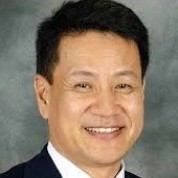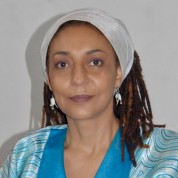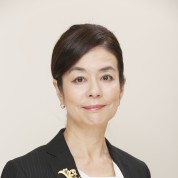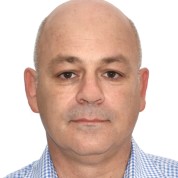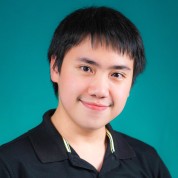PS 1.2
Harnessing Demographic Dividends and Silver Economy, and Implication to Health System
29
Jan
Over the past century, humanity has witnessed transformation in population structures across the globe. These shifts are not uniform - they unfold at varying speeds and stages across different regions, presenting a complex mosaic of opportunities and challenges for governments, societies, and systems. Many nations, particularly in the Global South (e.g., Egypt, India, Nigeria), are experiencing a potential first demographic dividend1, characterized by a large youth population and the possibility of economic growth if investments in youth health and education are prioritized. Simultaneously, countries across regions like East Asia, Western Europe, and Latin America (e.g., Germany, Netherlands, Chile, Uruguay) are navigating population aging, potentially benefiting from a second demographic dividend2 driven by increased savings and human capital accumulation among older cohorts, provided enabling policies are in place. Further along the transition, highly aged societies (e.g., Japan, Europe, USA, China) are exploring a third demographic dividend3 and the burgeoning silver economy, leveraging the continued productivity and consumption of healthy older adults and the industries serving them.
While countries face distinct demographic realities - some grappling with youth bulges, others managing rapid aging - these differences present valuable opportunities for mutual learning and policy action and innovation. The notion of multiple demographic dividends encourages a dynamic, shared approach: nations experiencing a first dividend can draw lessons from those that have successfully navigated their demographic transitions, while aging societies can look to younger nations for insights into resilience, intergenerational solidarity, and innovation driven by youthful energy. Rather than a linear path, demographic change unfolds in diverse, context-specific ways. By fostering cross- regional dialogue and collaboration, countries can co-create solutions that respond not only to their own demographic challenges but also contribute to a broader global agenda of inclusive growth, sustainable health systems, and equitable well-being for all age groups.
Thus, beyond exploring the multifaceted challenges and lessons emerging from the different demographic dividends and the evolving silver economy, this session returns to the core focus of PMAC: transforming health systems in response to demographic change. It is designed to address the critical intersection of demographic trends and health, with the aim of fostering balanced, equitable, and resilient health systems and health-related industries that meet the needs of all generations.
Central to this transformation is the recognition of health as a foundational driver in realizing the benefits of demographic dividends. Good health across the life course—from maternal and childcare to adolescent well-being, adult productivity, and healthy aging- underpins human capital development and sustainable economic growth. Health systems that are inclusive, adaptive, and people-centered can enable youth to thrive, empower the working-age population to contribute productively, and support older adults in remaining active, independent, and engaged. In this sense, health is not only a sectoral priority but a strategic enabler of demographic resilience and development.
Finally, this session seeks to go beyond technical discussions by drawing on diverse perspectives and lived experiences across countries and regions at various stages of demographic transition. It will spotlight insights from private sector innovation, civil society engagement, and the voices of young people—highlighting their critical roles in shaping inclusive, future-ready health systems that are responsive to demographic realities and capable of delivering well-being for all.
This session delves into the dynamic interplay between the demographic dividend and the silver economy, identifying actionable strategies for health systems to leverage the opportunities and mitigate the challenges presented by both. Key discussion areas include: understanding policy preparations in countries at different transitional stages; demonstrating how strategic investments in youth health create lasting benefits for individuals and economies; and sharing action-oriented case studies from diverse global contexts of the demographic shifts. Furthermore, the session will examine innovative and inclusive approaches to service delivery, use of technology, and financing, needed to support healthy aging and cater to the silver economy. The ultimate aim is to foster dialogue on insights, experiences, lesson learned and knowledge to enact (health) policies and actions towards equitable, and resilient health systems adaptable to diverse demographic realities.
SPEAKERS
Biosketch
Aïssata Fall
Kanoko Oishi
Philip O'Keefe
Sang-Hyop Lee
Voradon Lerdrat

